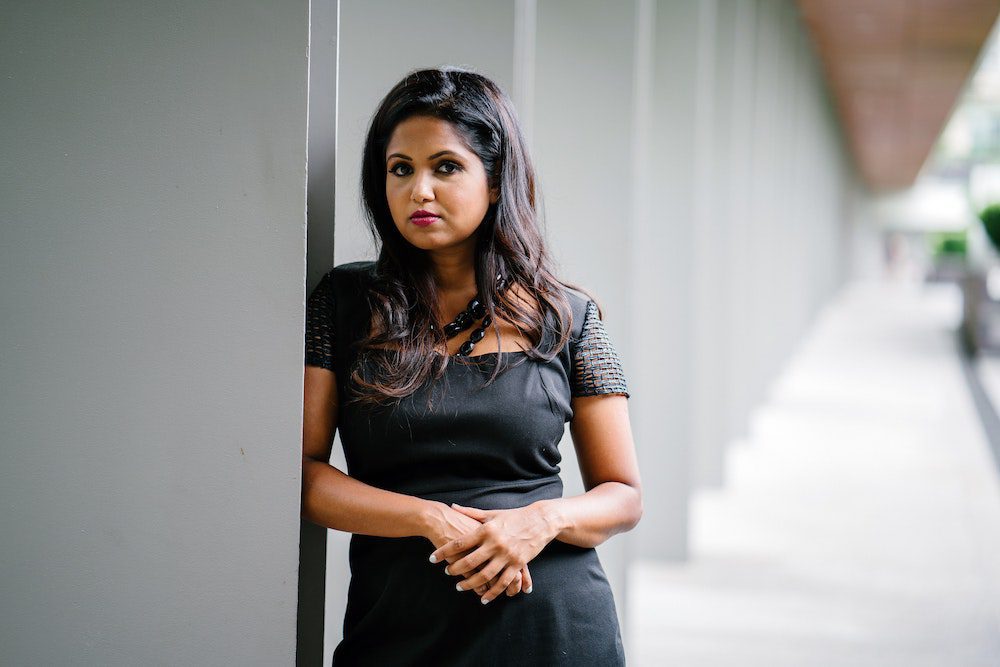
7 Ways to Thrive as an Empty Nester | Helping Older Couples
7 Ways to Thrive as an Empty Nester
Understanding the Empty Nest Stage
The concept of an “empty nest” is a poignant milestone for many parents. It’s the phase when children, now grown, leave home for college or other ventures, leaving behind a quieter household. This transition can stir a mix of emotions, from nostalgia for the days when the house was bustling with activity, to excitement for the newfound freedom ahead. For many, this stage presents both challenges and opportunities, a significant shift in family dynamics that requires adaptation and introspection.
The Empty Nest Stage Understanding the Transition
The empty nest stage is often accompanied by a whirlwind of emotions. Parents might feel a sense of loss as they adjust to a home without the daily presence of their children. Feelings of sadness or loneliness are common, but this transition also offers a chance to reassess personal goals and dreams.
While it’s natural to experience some emotional upheaval, this life phase can also be incredibly liberating. Many parents find joy in rediscovering old hobbies or taking up new interests. With fewer daily responsibilities, there’s more time to focus on personal growth and deepen relationships with partners and friends.
Understanding that this stage is a natural progression can help parents view it as an opportunity rather than a loss. By shifting perspective, they can find fulfillment and joy in this new chapter of life.
7 Practical Ways to Thrive as an Empty Nester
Rediscover Personal Passions and Hobbies
One of the most rewarding aspects of the empty nest stage is the opportunity to reconnect with passions and hobbies. Whether it’s picking up that guitar gathering dust in the attic or finally taking that art class, now is the perfect time to indulge in activities that bring joy and satisfaction. Engaging in creative pursuits can also help alleviate the sense of loss that may accompany this transition, providing a sense of purpose and accomplishment.
Enhance Your Relationship with Your Partner
With the children out of the house, there’s more time to focus on your relationship with your partner. Use this time to reignite the romance by planning regular date nights or embarking on adventures together. Travel to places you’ve always dreamed of visiting or explore local attractions you’ve overlooked. Strengthening your bond can bring a renewed sense of closeness and excitement to your partnership.
Stay Connected with Your Children
Just because your children have left the house doesn’t mean they’re out of your life. Find ways to maintain a close relationship with them through regular phone calls, video chats, or visits. Share in their new experiences and support them as they navigate their own paths. Creating new family traditions, like an annual holiday gathering, can also help keep the family bond strong despite the physical distance.
Maintain a Healthy, Active Lifestyle
With more time available, focusing on health and wellness becomes more achievable. Regular exercise, whether through yoga, walking, or joining a local gym, can boost physical and mental well-being. Consider cooking nutritious meals or experimenting with new recipes—another enjoyable way to stay healthy and engaged.
Pursue Further Education or Career Advancement
If you’ve ever considered furthering your education or advancing your career, now might be the perfect time. Many empty nesters find fulfillment in taking classes, whether for personal enrichment or professional development. Acquiring new skills not only enhances self-esteem but can lead to exciting new opportunities.
Manage the Family Home and Space
With fewer people in the house, managing the family home takes on a new dimension. This could be a perfect time for a thorough decluttering session, making the space more functional and reflective of your current lifestyle. Repurpose empty rooms into a home office, art studio, or guest room. Creating a living environment that suits your needs can be incredibly satisfying and refreshing.
Get Involved in the Community or Volunteer
Engaging with your community through volunteering can provide a sense of purpose and connection. Whether mentoring young people, joining local clubs, or participating in community events, these activities can foster new friendships and make a positive impact. Volunteering not only enriches the lives of others but also fills your own life with meaning and joy.
Real Stories Empty Nesters Share Their Experiences
Hearing from others who have navigated the empty nest stage can offer comfort and inspiration. Many have found joy in unexpected places, like one parent who took up photography and found a whole new world to explore. Another couple discovered a shared love for hiking, turning weekends into mini-adventures.
These stories remind us that while the empty nest stage is a significant transition, it can also be a period of growth and discovery. By sharing experiences, empty nesters can learn from each other and find encouragement in the shared journey.
Looking Ahead Preparing for the Next Life Stage
It’s essential to look beyond the empty nest stage and plan for the future. Setting new goals and expectations can bring excitement and direction. Whether it’s planning a dream retirement, starting a new business, or simply enjoying life’s little pleasures, having a roadmap for the future can provide motivation and clarity.
It’s also crucial to consider financial planning and health care options, ensuring a secure and comfortable future. With thoughtful preparation, the road ahead can be filled with fulfilling experiences and new adventures.
Conclusion
The transition to an empty nest is undoubtedly a significant life change, but it holds the promise of new beginnings. By exploring passions, enhancing relationships, and staying connected to both family and community, empty nesters can thrive in this stage of life.
We invite you to share your experiences and tips in the comments below. How have you embraced the empty nest stage? What advice would you offer to those just beginning this transition?
For more insights into family life and personal development, subscribe to our newsletter. Together, let’s celebrate the opportunities that come with each new chapter of life.
If you’re an empty nester and need help understanding how to manage without your child or children, reach out.
6 Ways to Be a Better Partner in Your Marriage or Relationship








